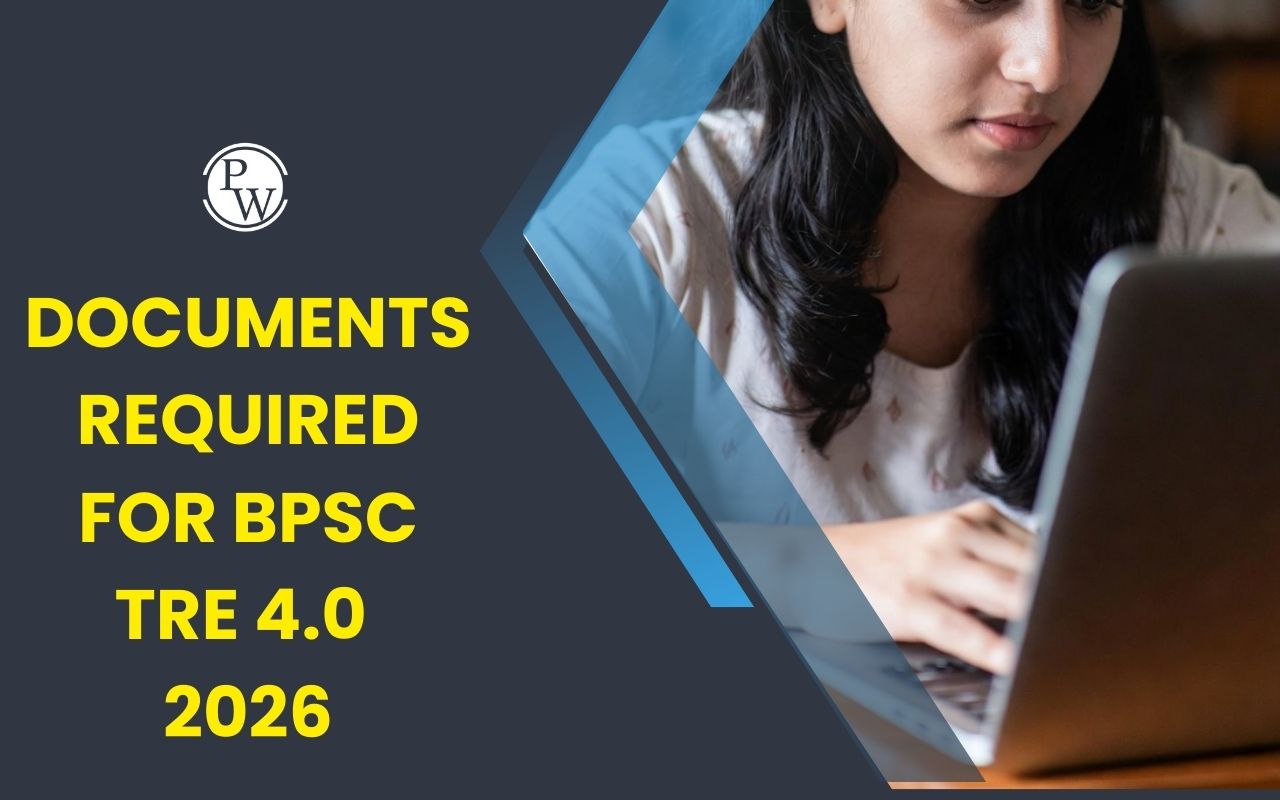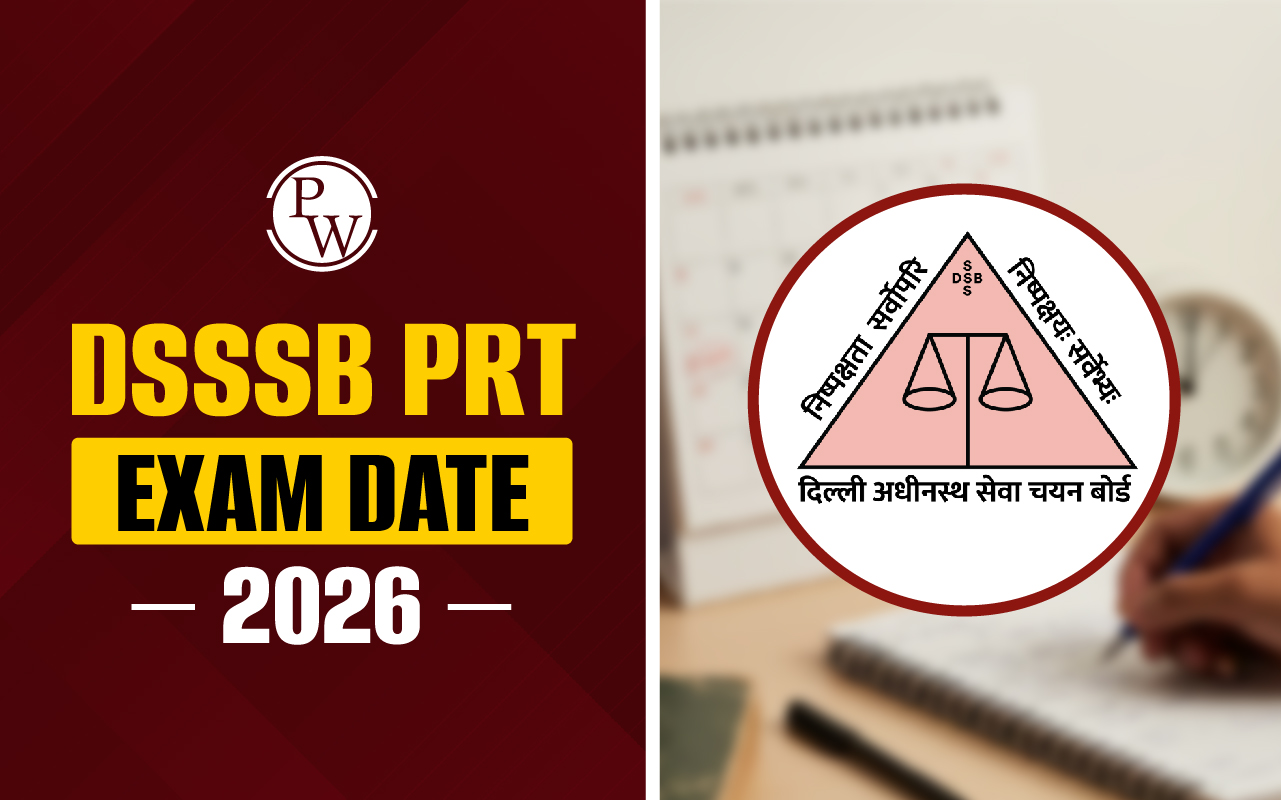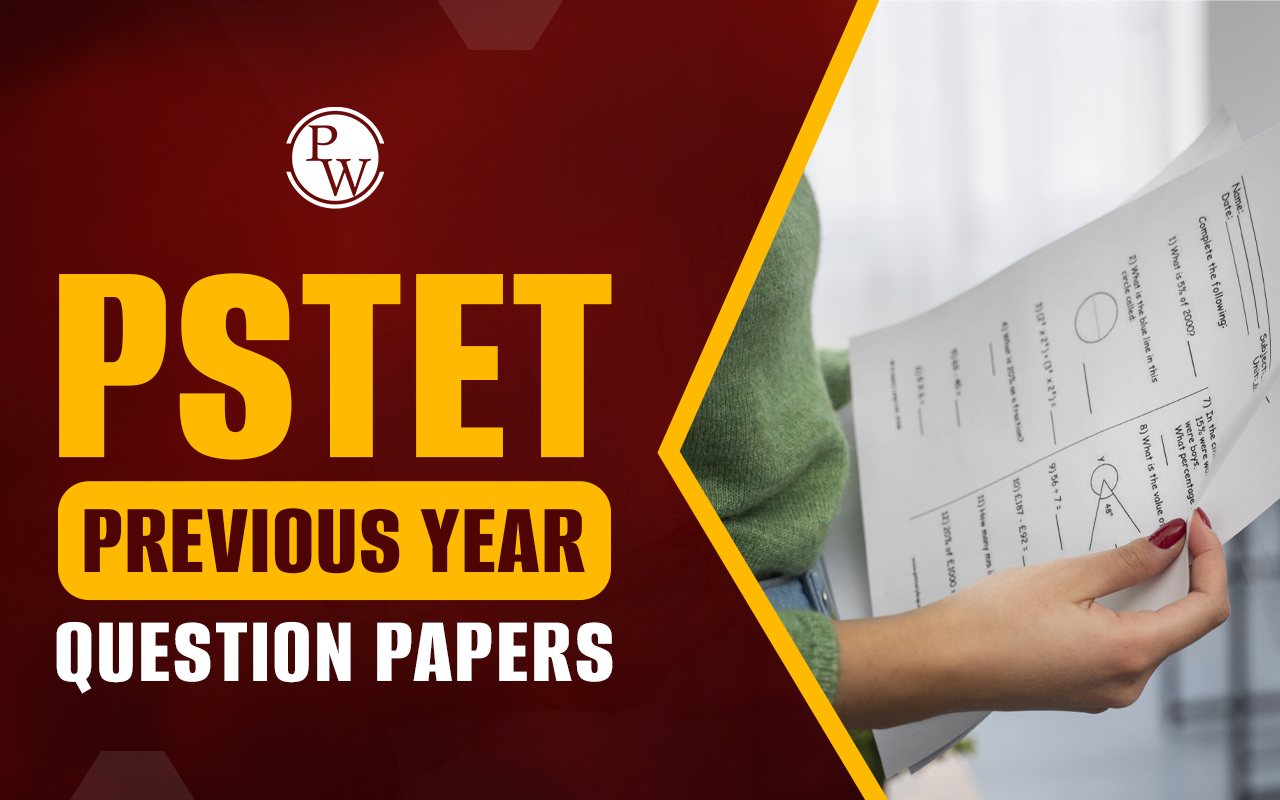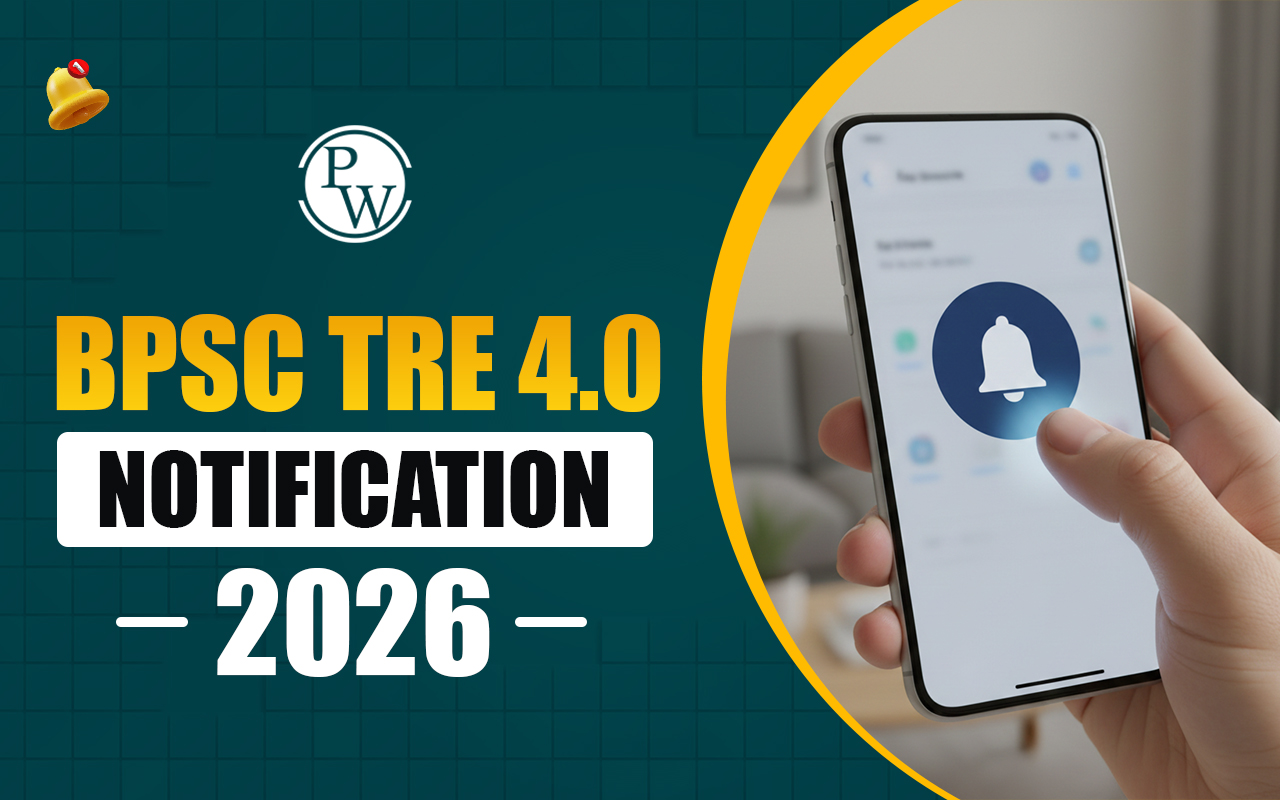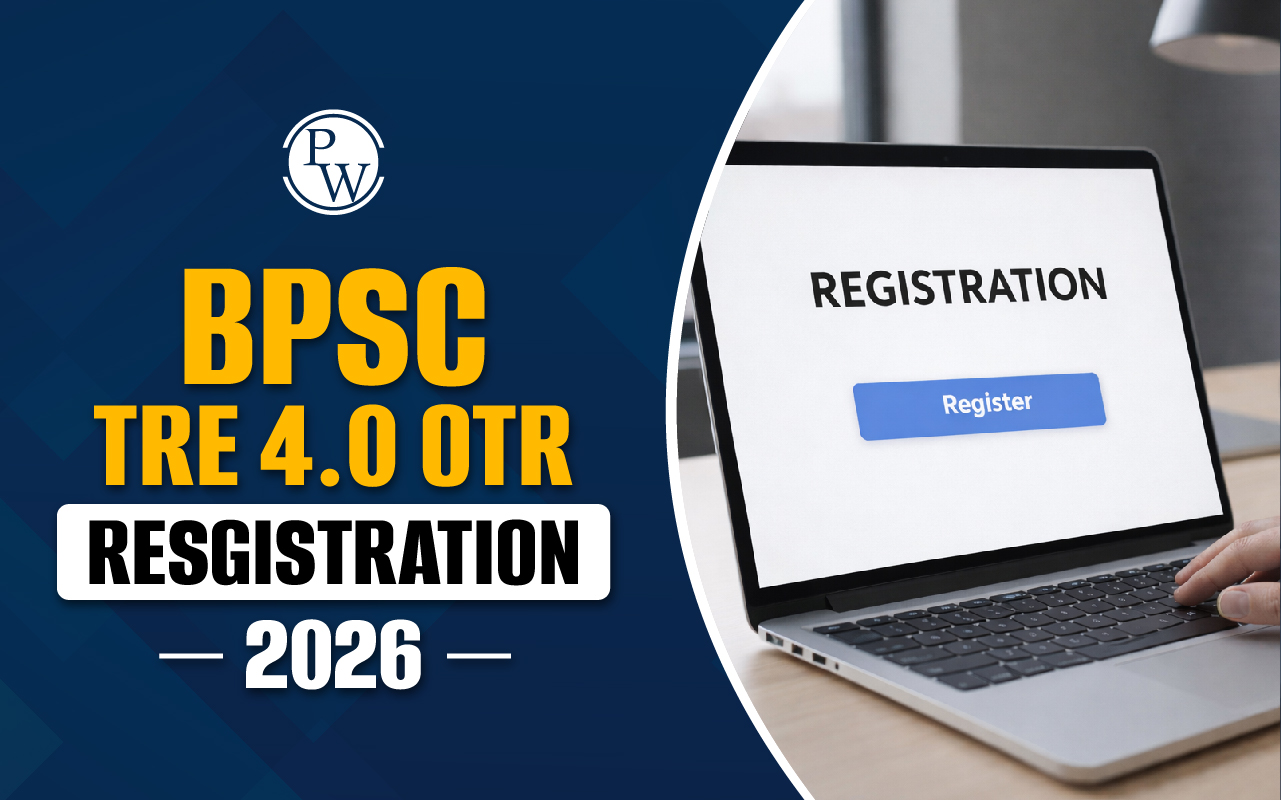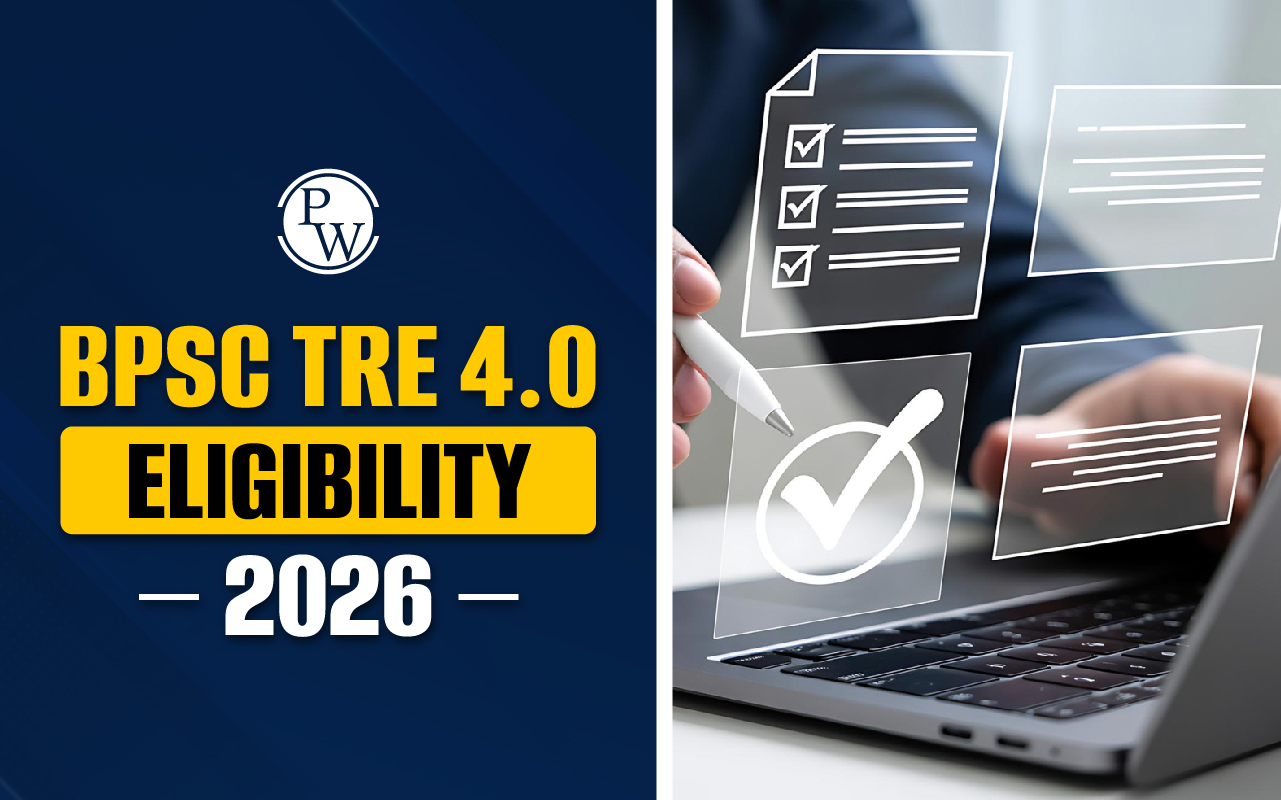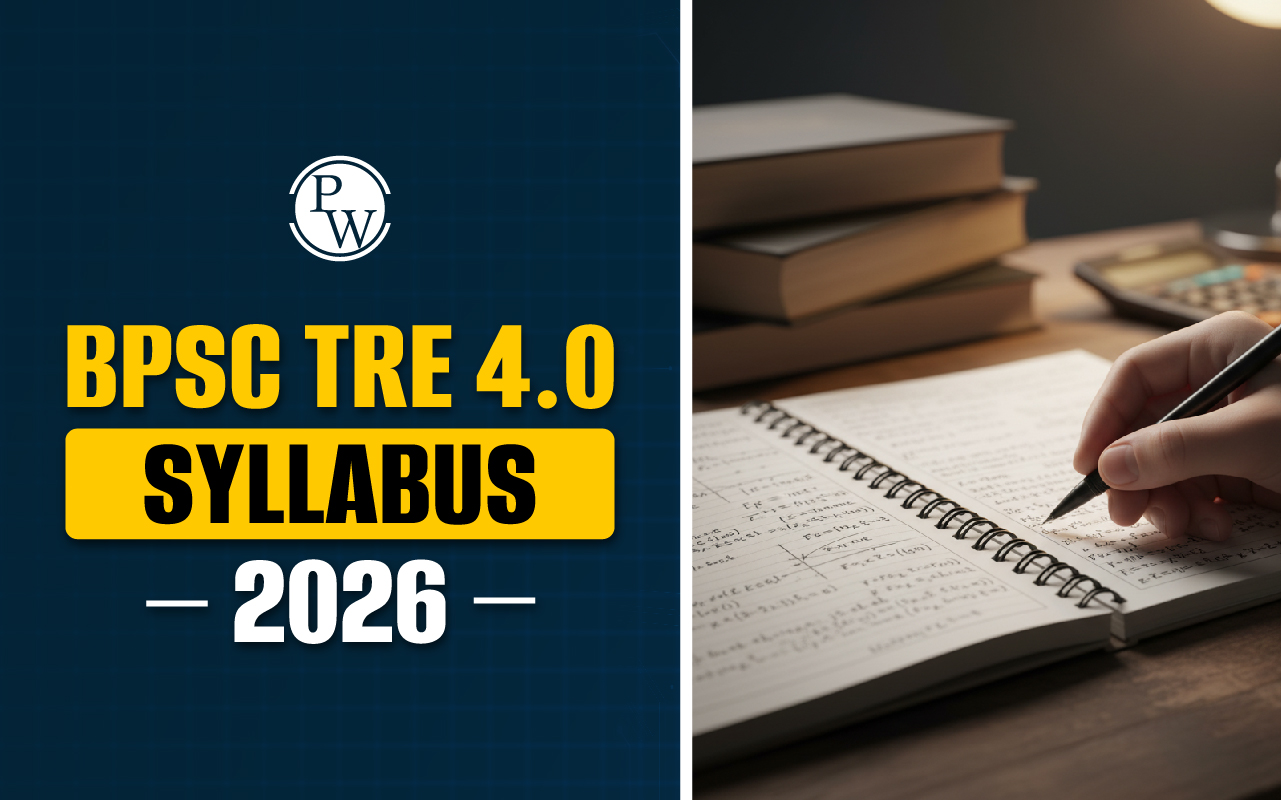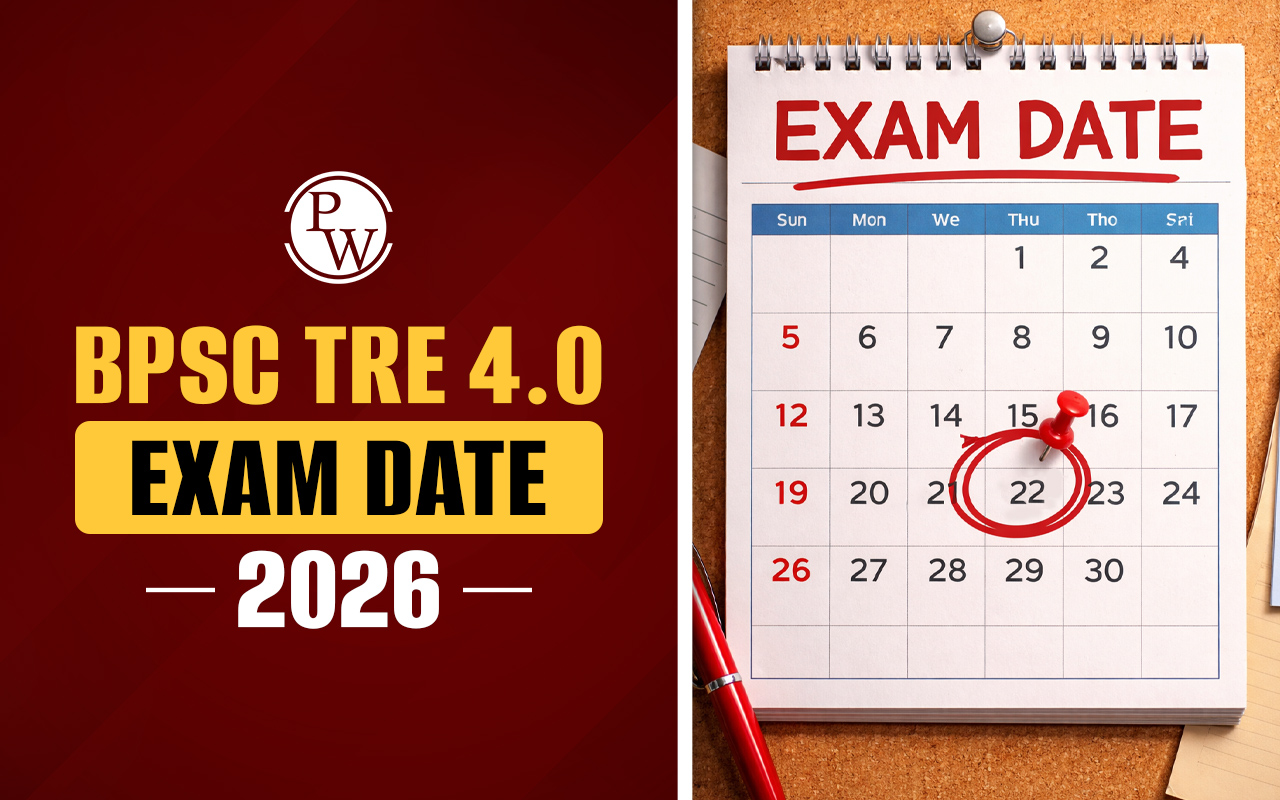
KARTET Syllabus 2024: The School Education Dept, Karnataka has released the KARTET Syllabus 2024 for the upcoming examination. The department has announced the KARTET Paper I and Paper II Syllabus PDF along with the exam pattern. Candidates who are going to appear for the Karnataka TET 2024 Exam should refer to the official subject-wise syllabus PDF. Additionally, they should also refer to the detailed KARTET Exam Pattern 2024, marking scheme and preparation books to qualify for the exam.
KARTET Syllabus 2024
KARTET Syllabus 2024 has been announced for both papers, I and II. The KARTET Paper I Syllabus has five sections, including Child Development and Pedagogy, Language 1, Language 2, Mathematics, and Environmental Science. Whereas, the KARTET Paper 2 Syllabus includes four sections, Child Development and Pedagogy, Language 1, Language 2, Mathematics, and Science or Social Science. Candidates preparing for the Karnataka TET 2024 exam should refer to the official syllabus and prepare chapters accordingly.KARTET Syllabus 2024 Overview
Candidates willing to work as Primary or Upper Primary Teachers can apply for the KARTET 2024 Examination. The official notification for the entrance exam was released on 15 April, 2024. Go through the table below to get a quick overview of the Karnataka TET 2024 Exam.| KARTET Syllabus 2024 Overview | |
| Conducting Authority | School Education Dept, Karnataka |
| Exam Name | KARTET 2024, Karnataka TET, Karnataka TET 2024 |
| KARTET 2024 Notification Released On | 15 April, 2024 |
| Exam Category | Entrance |
| Examination Mode | Offline |
| Application Mode | Online |
| Educational Qualification | Category 1: Candidate must have qualified for class 12 from a recognised board Category 2: Candidate must have completed Graduation from a recognised university |
| Official Site | schooleducation.karnataka.gov.in |
KARTET Syllabus 2024 PDF
KARTET Syllabus 2024 PDF has been released by the School Education Department, Karnataka. The candidates aspiring to appear for the Karnataka TET 2024 Exam should refer to the official syllabus PDF for both papers 1 and 2. The KARTET Syllabus PDF is available in the online mode. Candidates willing to maximise their marks in the entrance exam should refer to the official subject wise Karnataka TET Syllabus.KARTET Syllabus 2024
KARTET Syllabus 2024 for both papers I and II has been announced by the authorities. The candidates preparing for the written examination have to adhere to the topic-wise syllabus prescribed by the commission. The questions in the KARTET 2024 Exam will be asked from the chapters. Candidates are advised to mark the chapters and get a thorough understanding of the basics.KARTET Paper I Syllabus
| Sections | KARTET Paper I Syllabus |
| Child development and pedagogy | Child development: Concept of development and its relationship with learning, Principles of the development of children, Influence of Heredity & Environment. Socialization processes: Social world & children (Teacher, Parents, Peers). Concepts of child-centered and progressive education: Piaget, Kohlberg, and Vygotsky, constructs and critical perspectives. Critical perspective of the construct of Intelligence, Multi-Dimensional Intelligence, Language & Thought. |
| Language 1 | Language Comprehension: Reading unseen passages – Answering the question based on the given unseen passage (Prose, Drama, or Poetry). Pedagogy of Language Development: Learning and Acquisition, Principles of Language Teaching, Role of listening and speaking, the function of language and how children use it as a tool. A critical perspective on the role of grammar in learning a language for communicating ideas verbally and in written form. Challenges of teaching language in a diverse classroom and Language Skills. Teaching-learning materials: Textbook, multi-media materials, multilingual resource of the classroom, Remedial Teaching. |
| Language 2 | Language Comprehension: Reading unseen passages – Answering the question based on the given unseen passage (Prose, Drama, or Poetry). Pedagogy of Language Development: Learning and Acquisition, Principles of Language Teaching, Role of listening and speaking, the function of language and how children use it as a tool. A critical perspective on the role of grammar in learning a language for communicating ideas verbally and in written form. Challenges of teaching language in a diverse classroom and Language Skills. Teaching-learning materials: Textbook, multi-media materials, multilingual resource of the classroom, Remedial Teaching. |
| Mathematics | Geometrical figures & the knowledge of space. 3 – D Geometrical figures. Numbers. Fractions. Mathematical operations on numbers and algebraic expressions. Measurements – Weight, time, and volume. Data Handling & Measures of central tendency. Ratio and proportion. Mathematics in daily life. Lines & angles. Polygons. Basic algebra – Linear equations & Identities. |
| Environmental science (paper 1) | Our Environment: Major components of the environment, types of ecosystems, life diversity, and its features, food chain, and nature balancing factors, Food web, ecological Pyramids, Plant and animal species, factors of Biodensity, Tropic levels, Types of pollution, reasons – effects – remedial measures, greenhouse effect, greenhouse gasses, sustainable development and its maintenance, waste management measures. Human Health and Hygiene: Carbohydrates: Types of Monomers, lipids, proteins, Vitamins, Minerals, Deficiencies. Natural Phenomena: Motion, Force, Gravitation, Newton’s laws of motion, distance-speed graphs. How do things work: Electricity: Definitions of important terminologies, SI units, Numerical. |
KARTET Paper II Syllabus
| Sections | KARTET Paper II Syllabus |
| Child development and pedagogy | Child development: Concept of development and its relationship with learning, Principles of the development of children, Influence of Heredity & Environment. Socialization processes: Social world & children (Teacher, Parents, Peers). Concepts of child-centered and progressive education: Piaget, Kohlberg, and Vygotsky, constructs and critical perspectives. Critical perspective of the construct of Intelligence, Multi-Dimensional Intelligence, Language & Thought. |
| Language 1 | Language Comprehension: Reading unseen passages – Answering the question based on the given unseen passage (Prose, Drama, or Poetry). Pedagogy of Language Development: Learning and Acquisition, Principles of Language Teaching, Role of listening and speaking, the function of language and how children use it as a tool. A critical perspective on the role of grammar in learning a language for communicating ideas verbally and in written form. Challenges of teaching language in a diverse classroom and Language Skills. Teaching-learning materials: Textbook, multi-media materials, multilingual resource of the classroom, Remedial Teaching. |
| Language 2 | Comprehension: Two unseen prose passages (discursive or literary or narrative or scientific) with questions on comprehension, grammar, and Verbal Ability. Pedagogy of Language Development: Learning and acquisition, Principles of Language Teaching, Role of listening and speaking; function of language and how children use it as a tool, Critical perspective on the role of grammar in learning a language for communicating ideas verbally and in written form. Challenges of teaching language in a diverse classroom; language difficulties, errors, and disorders, Evaluating language comprehension and proficiency: speaking, listening, reading and writing, Teaching – learning materials: Textbook, multimedia materials, multilingual resource of the classroom, Remedial Teaching. |
| Mathematics | Arithmetic Progression. Number system. Statistics & Probability. Trigonometry. Coordinate geometry. Identifiers. Pair of linear equations in two variables. Quadratic equations. Polynomials. Mensuration. Triangles. Quadrilaterals. Circles. Area related to circles. |
| Science or social science (paper 2) | Motion: Definitions, Types of motion, Law & Equations of motion. Laws and numerals. Gravitation: Law, numerical. How do things work: Light – Reflection- Refraction. Lens – Concave, Convex. Mirror – Concave, Convex – Images formed in Spherical mirrors and lens. Electricity and Electric Circuits – Definitions, units, derivations. Resistors – Numerical, circuit diagrams. Magnetism – Definition, Various laws, numerical, AC, DC motors, and generators. Natural phenomenon: Eye, Eye defects. : TIR, Dispersion. Materials & Materials in our daily life – Metals, non-metals. Physical and chemical properties. Acids, Bases, and Salts: Physical and chemical properties. Atoms and Molecules: Formulae, Masses, electronic configuration. Polymers: Artificial, natural, uses. Natural resources: Types and applications. Chemicals in our daily life: Soaps, detergents, Sweeteners, medicines, Drugs. Food – Definition of food, Food, and its importance, Food chain, Food web, Food pyramid. Food and its sources – Plant source and animal source implications. Food and its constituents: Energy |
KARTET Exam Pattern 2024
According to the KARTET Exam Pattern 2024, the examination will be held in offline mode. The KARTET Paper 1 and Paper 2 will be held separately for the candidates across the state. Here are the key highlights of the KARTET 2024 Exam Pattern.| Particulars | Paper 1 | Paper 2 |
| Exam Mode | Offline | Offline |
| Number of Subjects | 5 | 4 |
| Exam Duration | 2 Hours 30 Minutes (150 minutes) | 2 Hours 30 Minutes (150 minutes) |
| Subject Names | Child Development and Pedagogy, Language-I (Hindi), Language-II (English/Urdu/Sanskrit), Mathematics, Environmental Studies | Child Development and Pedagogy, Language-I, Language-II, Science and Mathematics or Social Science |
| Number of Questions | 150 MCQ | 150 MCQ |
| Total Marks | 150 | 150 |
- The Karnataka TET 2024 Exam will be held in the offline mode
- Candidates have to attempt the exam in the pen and paper mode
- There will be no negative marking for the wrong answers marked in the examination
KARTET Paper I Exam Pattern
| Sections | Total Questions | Total Marks |
| Child development and pedagogy | 30 | 30 |
| Language 1 | 30 | 30 |
| Language 2 | 30 | 30 |
| Mathematics | 30 | 30 |
| Environmental science (paper 1) | 30 | 30 |
| Social Studies (For Physically Disabled) | 30 | 30 |
KARTET Paper II Exam Pattern
| Sections | Total Questions | Total Marks |
| Child development and pedagogy | 30 | 30 |
| Language 1 | 30 | 30 |
| Language 2 | 30 | 30 |
| Mathematics | 30 | 30 |
| Science or social science (paper 2) | 30 | 30 |
Best Books to Cover KARTET Syllabus 2024
Candidates aspiring to appear for the KARTET 2024 Exam have to refer to the official books prescribed by the authorities. These books should be followed thoroughly to understand the fundamentals of the topics that are relevant to the Karnataka TET 2024 Exam. Here in the table below, we have mentioned the subject-wise KARTET Book list for papers I and II.| KARTET Books for Paper I and Paper II | |||
| Subject Name | Book Name | Author(s) | Description |
| Child Development & Pedagogy | Child Development & Pedagogy for CTET & STET (Paper 1 & 2) with Past Questions | Disha Publications | Covers all topics of Child Development & Pedagogy for Paper I & II. Includes past year questions for practice. |
| Child Development & Pedagogy | CTET & TETs Child Development and Pedagogy | Arihant Publications | Another comprehensive resource for Child Development & Pedagogy relevant to KARTET. |
| Mathematics | Quantitative Aptitude | R.S. Aggarwal | Strengthens problem-solving skills in Mathematics with relevant topics for KARTET. |
| Mathematics | Mathematics (Class X, XI, XII) | NCERT | NCERT Math textbooks provide a strong foundation for mathematical concepts tested in KARTET. |
| Environmental Studies | Environmental Studies | S.C. Rastogi | A well-regarded book for Environmental Studies, covering the KARTET syllabus. |
| Environmental Studies | NCERT Science Books (Class VI to VIII) | NCERT | NCERT Science textbooks (Class VI to VIII) offer a comprehensive understanding of environmental concepts. |
| Social Studies | A Comprehensive Handbook of Social Science for CTET and TETs | S.Chand & Sons | A thorough guide to Social Studies topics likely to be covered in the KARTET exam. |
| Social Studies | NCERT Social Science Books (Class VI to VIII) | NCERT | In-depth exploration of Social Sciences through NCERT textbooks (Class VI to VIII). |
| Language (English) | CTET & TETs English Language and Pedagogy | Arihant Publications | Specifically designed to prepare candidates for the English language section of KARTET, including pedagogical aspects. |
KARTET Preparation Tips 2024
The KARTET 2024 Exam will be held for two levels, level 1 (primary) and level 2 (upper primary). Candidates preparing for the Karnataka TET 2O24 should prepare according to the KARTET Syllabus 2024 and maximise their marks in the exam. The following section can be checked to know about the details related to KARTET Preparation Tips 2024. 1. Focus on Learning Theories Grasp prominent learning theories like Piaget's and Vygotsky's to understand how children learn at different stages. Books like "Child Development & Pedagogy for CTET & STET" by Disha Publications can be helpful. 2. Master the Basics of the KARTET Exam Brush up on fundamental mathematical concepts like algebra, geometry, and number theory. Utilise NCERT Mathematics textbooks (Class X, XI, XII) to solidify your foundation. 3. Grammar & Communication Skills Hone your grammar skills and written communication abilities before going for the written examination. For English, consider "CTET & TETs English Language and Pedagogy" by Arihant Publications. Use NCERT textbooks for your chosen language (up to Class XII) for comprehensive language development. 4. KARTET Mock Tests Regularly practice with KARTET mock tests to analyse their overall performance level in the examination. Candidates are advised to attempt atleast 3 to 4 mock tests to understand their level of preparation before the exam. Attempting the Karnataka TET Mock Test also helps to strategise for the written examination. 5. KARTET Previous Year Question Paper KARTET Previous Year Question Papers should be given utmost importance when preparing for the written examination. The candidates should mark important chapters that are asked repeatedly in the Karnataka TET 2024 Exam to qualify for the written examination.KARTET Syllabus 2024 FAQs
What is the next KARTET Exam 2024?
The KARTET 2024 schedule will be announced soon on the official website.
What is the syllabus of the KARTET exam?
The KARTET Syllabus 2024 has been announced for both Level 1 and Level 2 for the candidates.
What is the syllabus for KARTET Level 1?
Candidates can download the KARTET Syllabus Level 1 from the download link available on this page.
Is KARTET a tough exam?
Yes, KARTET is a tough exam but can be cracked with a strategised approach.
Is it easy to crack KARTET?
Candidates can easily crack the KARTET 2024 exam by referring to the official syllabus PDF.
Talk to a counsellorHave doubts? Our support team will be happy to assist you!

Free Learning Resources
PW Books
Notes (Class 10-12)
PW Study Materials
Notes (Class 6-9)
Ncert Solutions
Govt Exams
Class 6th to 12th Online Courses
Govt Job Exams Courses
UPSC Coaching
Defence Exam Coaching
Gate Exam Coaching
Other Exams
Know about Physics Wallah
Physics Wallah is an Indian edtech platform that provides accessible & comprehensive learning experiences to students from Class 6th to postgraduate level. We also provide extensive NCERT solutions, sample paper, NEET, JEE Mains, BITSAT previous year papers & more such resources to students. Physics Wallah also caters to over 3.5 million registered students and over 78 lakh+ Youtube subscribers with 4.8 rating on its app.
We Stand Out because
We provide students with intensive courses with India’s qualified & experienced faculties & mentors. PW strives to make the learning experience comprehensive and accessible for students of all sections of society. We believe in empowering every single student who couldn't dream of a good career in engineering and medical field earlier.
Our Key Focus Areas
Physics Wallah's main focus is to make the learning experience as economical as possible for all students. With our affordable courses like Lakshya, Udaan and Arjuna and many others, we have been able to provide a platform for lakhs of aspirants. From providing Chemistry, Maths, Physics formula to giving e-books of eminent authors like RD Sharma, RS Aggarwal and Lakhmir Singh, PW focuses on every single student's need for preparation.
What Makes Us Different
Physics Wallah strives to develop a comprehensive pedagogical structure for students, where they get a state-of-the-art learning experience with study material and resources. Apart from catering students preparing for JEE Mains and NEET, PW also provides study material for each state board like Uttar Pradesh, Bihar, and others
Copyright © 2026 Physicswallah Limited All rights reserved.

